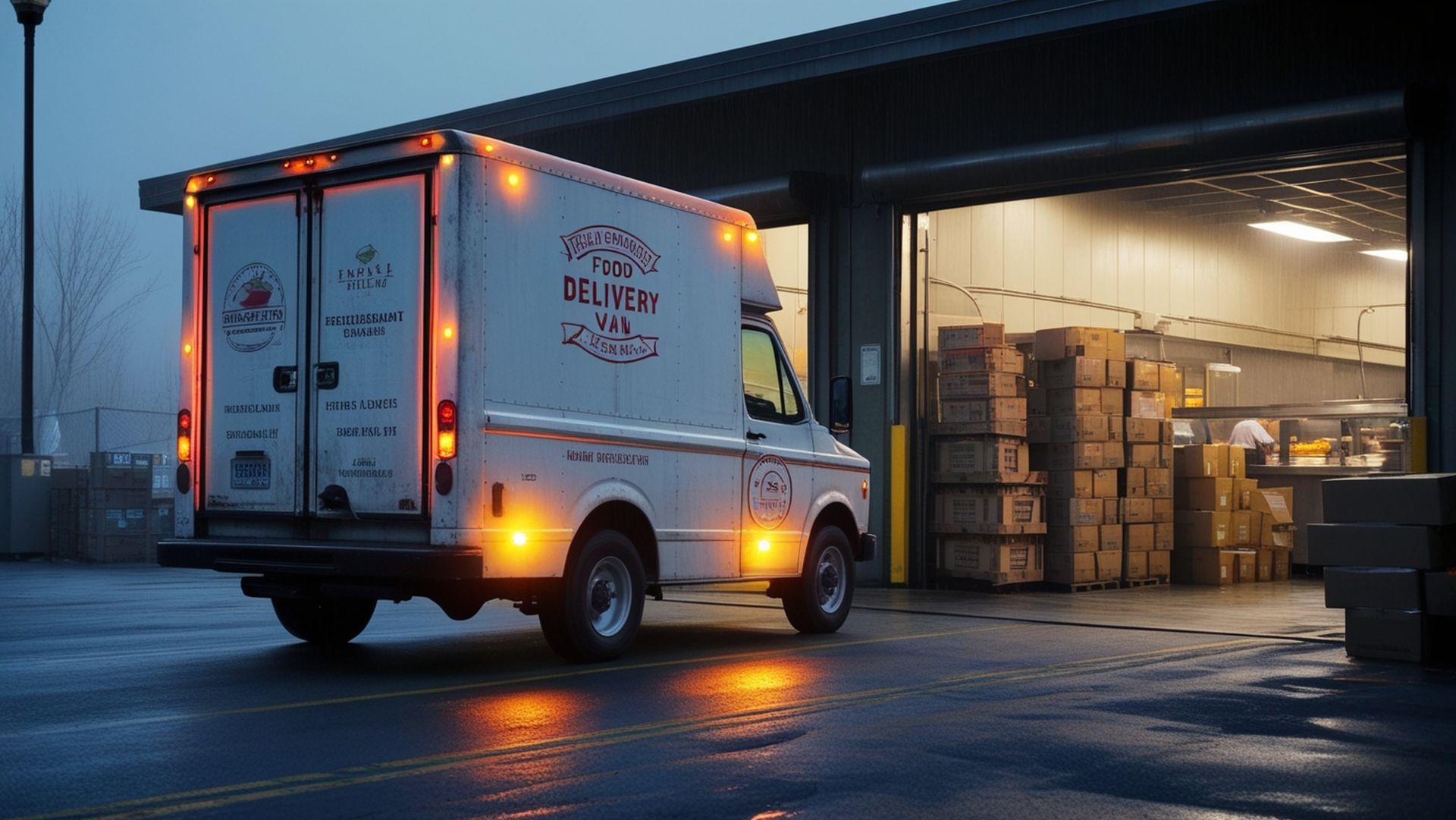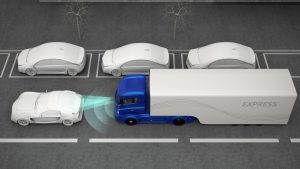Introduction
Cargo vans are an indispensable part of various industries, ranging from logistics and transportation to construction and catering. These versatile vehicles offer a unique combination of space, durability, and customization, making them ideal for businesses that require efficient and secure transportation of goods. This article provides an in-depth look at cargo vans, focusing on their specifications, features, and key considerations for choosing the right one for your needs.
Types of Cargo Vans
Cargo vans come in different types, each catering to specific needs:
- Compact Cargo Vans: Ideal for urban environments, these vans are smaller and more maneuverable. Examples include the Ford Transit Connect and the Ram ProMaster City.
- Full-Size Cargo Vans: Offering more space and payload capacity, these vans are suited for larger deliveries and heavier loads. Examples include the Mercedes-Benz Sprinter, Ford Transit, and Ram ProMaster.
- Heavy-Duty Cargo Vans: Designed for extreme workloads, these vans feature robust engines and reinforced chassis. Examples include the Chevrolet Express 3500 and the GMC Savana 3500.
Key Specifications
- Dimensions and Payload Capacity
- Interior Volume: Measured in cubic feet, the interior volume determines how much cargo the van can hold. Compact vans offer around 100-150 cubic feet, while full-size vans can provide 250-500 cubic feet.
- Payload Capacity: This refers to the maximum weight a van can carry, including passengers and cargo. Compact vans typically have a payload capacity of 1,500-2,000 pounds, while full-size and heavy-duty vans can handle between 3,000-5,000 pounds.
- Engine and Performance
- Engine Types: Cargo vans come with a variety of engine options, including inline-4, V6, and V8 engines. Diesel engines are also available for those needing more torque and fuel efficiency.
- Horsepower and Torque: The performance of a cargo van is often measured by its horsepower and torque. Compact vans usually offer 150-200 horsepower and 150-200 lb-ft of torque. Full-size vans can have engines producing 200-350 horsepower and 250-400 lb-ft of torque.
- Fuel Efficiency
- MPG (Miles Per Gallon): Fuel efficiency is a crucial factor for businesses aiming to reduce operational costs. Compact vans typically achieve 20-28 MPG, while full-size vans offer around 15-20 MPG. Diesel variants often provide better fuel economy.
- Cargo Access and Security
- Doors: Cargo vans typically feature rear swing-out doors and side sliding doors for easy access. Some models offer dual side sliding doors.
- Security Features: Modern cargo vans come equipped with advanced security features like remote locking, alarm systems, and reinforced locking mechanisms to protect valuable cargo.
- Customization and Upfitting
- Shelving and Storage Solutions: Cargo vans can be customized with shelves, bins, and racks to organize tools and equipment efficiently.
- Partitions: Installing a partition between the driver’s cabin and the cargo area enhances safety and prevents cargo from shifting during transit.
- Technology and Connectivity: Many cargo vans are now equipped with modern technology, including GPS navigation, Bluetooth connectivity, and fleet management systems to optimize routes and monitor vehicle status.
Leading Models and Their Specifications
- Ford Transit
- Engine Options: 3.5L V6, 3.5L EcoBoost V6, 2.0L I4 EcoBlue Diesel.
- Cargo Volume: Up to 487.3 cubic feet.
- Payload Capacity: Up to 4,530 pounds.
- Fuel Efficiency: Approximately 14-17 MPG city, 18-23 MPG highway.
- Mercedes-Benz Sprinter
- Engine Options: 2.0L I4 Gasoline, 3.0L V6 Turbo Diesel.
- Cargo Volume: Up to 532.6 cubic feet.
- Payload Capacity: Up to 6,735 pounds.
- Fuel Efficiency: Approximately 14-19 MPG combined.
- Ram ProMaster
- Engine Options: 3.6L V6, 3.0L I4 EcoDiesel.
- Cargo Volume: Up to 463 cubic feet.
- Payload Capacity: Up to 4,680 pounds.
- Fuel Efficiency: Approximately 13-18 MPG combined.
- Nissan NV
- Engine Options: 4.0L V6, 5.6L V8.
- Cargo Volume: Up to 323.1 cubic feet.
- Payload Capacity: Up to 3,860 pounds.
- Fuel Efficiency: Approximately 12-15 MPG combined.
Considerations for Choosing a Cargo Van
- Business Requirements
- Evaluate the nature of your business and the type of cargo you need to transport. For instance, catering businesses might prioritize refrigeration capabilities, while construction companies might focus on payload capacity and durability.
- Budget
- Consider both the upfront cost and the long-term operational costs, including fuel, maintenance, and insurance. It’s essential to find a balance between features and affordability.
- Usage Environment
- Think about where the van will be primarily used. Urban environments might require smaller, more maneuverable vans, while rural or industrial areas might necessitate larger, more robust models.
- Customization Needs
- Assess the need for customization and upfitting. Ensure the van you choose can be tailored to fit your specific requirements, whether it’s installing shelving, adding partitions, or integrating technology.
- Brand Reputation and Support
- Research the reliability and after-sales support of different brands. A reputable brand with a solid support network can provide peace of mind and reduce downtime.
Conclusion
Selecting the right cargo van involves careful consideration of various factors, including size, payload capacity, engine performance, and customization options. By understanding the specifications and features of different models, businesses can make informed decisions that enhance their operational efficiency and meet their unique needs. Whether it’s a compact van for city deliveries or a heavy-duty model for substantial loads, there’s a cargo van out there that’s perfectly suited to your business requirements.




